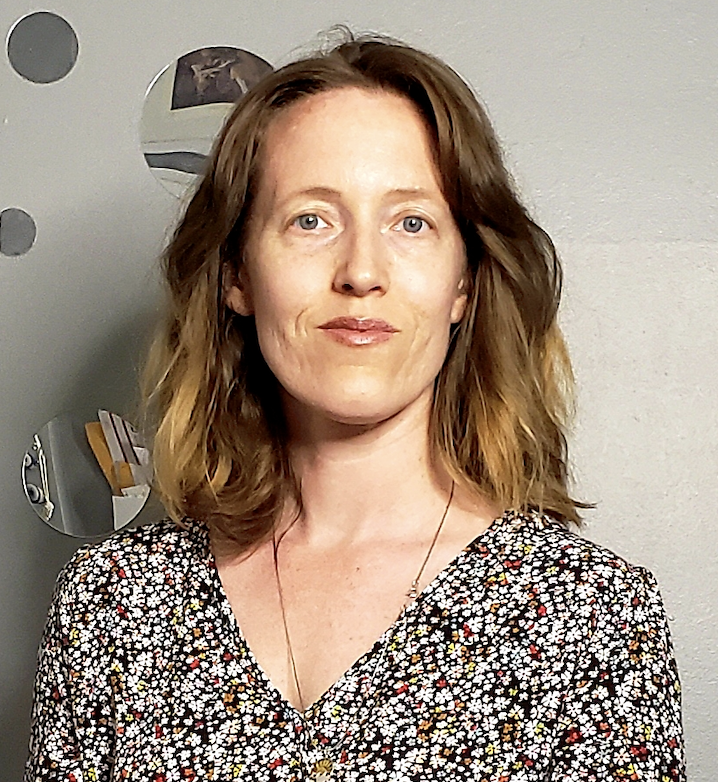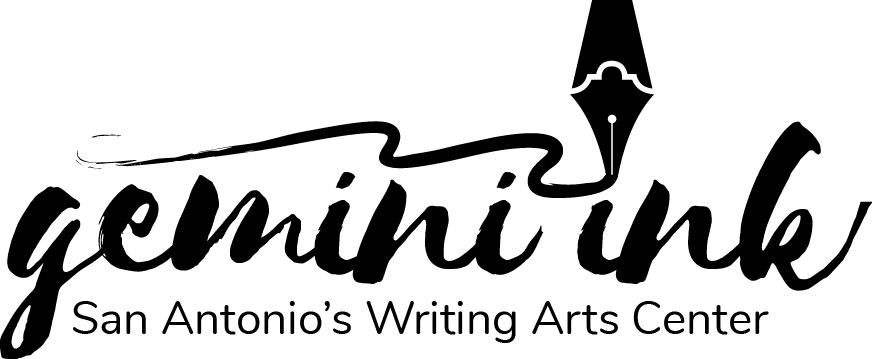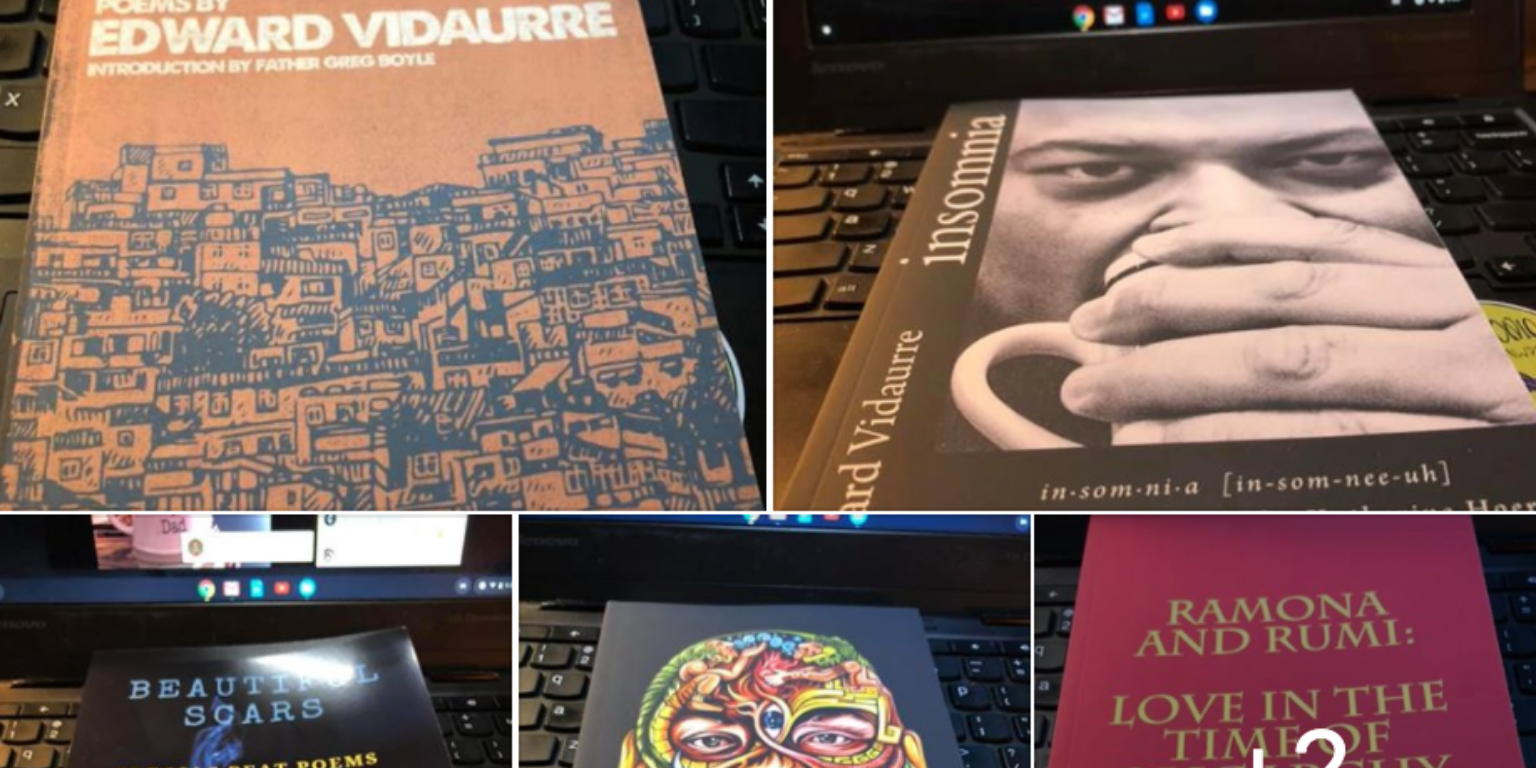Here is a quick Q&A with author Jen Knox on writing in the age of COVID-19.
GEMINI INK: What role do you think writing plays in life and how is that role revealing itself as you shelter-in-place during this pandemic?
It feels as though the world is on pause in many ways, but what’s interesting about quarantine is the clarity that comes with slowing down. I think what COVID-19 has come to yell at us about is that we have been too distracted (some of us, that is) by the daily grind of life to fight for what matters.
When our routines are interrupted and shifted, we gain clarity on issues we were otherwise numb to. Black Lives Matter, for instance, is not new. Why is it only now that people are speaking out? These times of great pain and transition, for writers, are times to go DEEP with writing. To acknowledge what scares or confuses us. To stop muting our voices and speak out in new ways.
GEMINI INK: Do you have any rituals you perform before you get started writing–tics, habits, even special ceremonies? How important is it to you to have a sense of sameness about your writing routine?
I generally write first thing in the morning, and I like to have a warm drink nearby (currently trying to give up coffee, and it is mild torture). I believe writers must find their own way and not buy into prescriptive advice. I coach writers with this philosophy in mind: they are their own gurus, their own advocates, their own worst enemies. They must plan accordingly.
GEMINI INK: What is your favorite piece of writing advice, or feel free to offer a thought or suggestion that you feel has helped you write, even on days when the muse seems far away?
Trust yourself. Listen to yourself. The muse is you.
GEMINI INK: During these times of shelter-in-place, has your writing routine or habits changed in any way?
Everything about my life has changed. My work has picked up, and I don’t have a lot of luxury time (that part hasn’t changed), but I’ve found my personal writing life to be in a glorious place of incubation and discovery. At first, less structure around my days (no commute to work, etc…) was tough to get used to, but now I’ve found routines I love. Sitting with my dog on cool mornings to plan my day, meditating mid-day, writing in fits and bursts, reconnecting with nature. It goes on.
GEMINI INK: What theme or symbol often emerges in your work? Why? Do you have any new images or themes that are surfacing as you write during this pandemic?
The natural world, math, magic, and madness. I published The Glass City (winner of Prize Americana for Prose) as a collection to give Mother Nature a human voice. I love tapping into the divine rhythms of nature. Another common theme is mental illness, as I believe that our interpretation and understanding of what mental illness is lacking, collectively, in the United States. This concept often comes up in my fiction, such as my most recent book Resolutions: A Family in Stories, in the form of misunderstood characters who are often represented by objects. Equations also show up in my fiction. As much as I am not mathematically inclined, formulas are finding more space in my work, as is nature.
GEMINI INK: Describe your first writing desk. How is this different (or not) from your current writing desk?
My first writing desk was whatever desk was being used in my college Psychology 101 course. This class is where I truly realized I’d be a writer as an adult.
GEMINI INK: Can you name a source you return to for ongoing or periodic creative inspiration?
As much as I wish they published a wider variety of writers, I love The New Yorker’s fiction, especially the older issues, and I go there when I feel stuck.
GEMINI INK: Does good writing result from best practices, magic, or a bit of both? Or does effective writing stem from something else not mentioned here?
Good writing is often fed by either time or support. We think it’s a solitary act, but so often it is not. Our community matters.
GEMINI INK: Tell us about your next project.
I like to work on multiple projects at once, so I’m slowly working on a collection of Goddess stories, rooting in mythology from around the globe. I’m also reworking an old manuscript on what I mentioned above, the blurry line between what we consider brilliance or magic and what we consider madness. We’ll see how that goes …

Jen Knox is the author of Resolutions: A Family in Stories (AUX Media), After the Gazebo (Rain Mountain Press), which was nominated for the Pen/Faulkner Award, and The Glass City (Prize Americana for Prose winner). An Ohio-born writer, meditation instructor, and co-owner of Unleash Creatives, Jen works as a creativity coach to bring writers from idea to draft. Her short work can be found in The Best Small Fictions (edited by Amy Hempel), The Adirondack Review, Gargoyle Magazine, Little Fictions, Literary Orphans, Lunch Ticket, Poor Claudia, Room Magazine and The Saturday Evening Post. From 2015 to 2017, Jen directed the Writers in Communities program at Gemini Ink.



